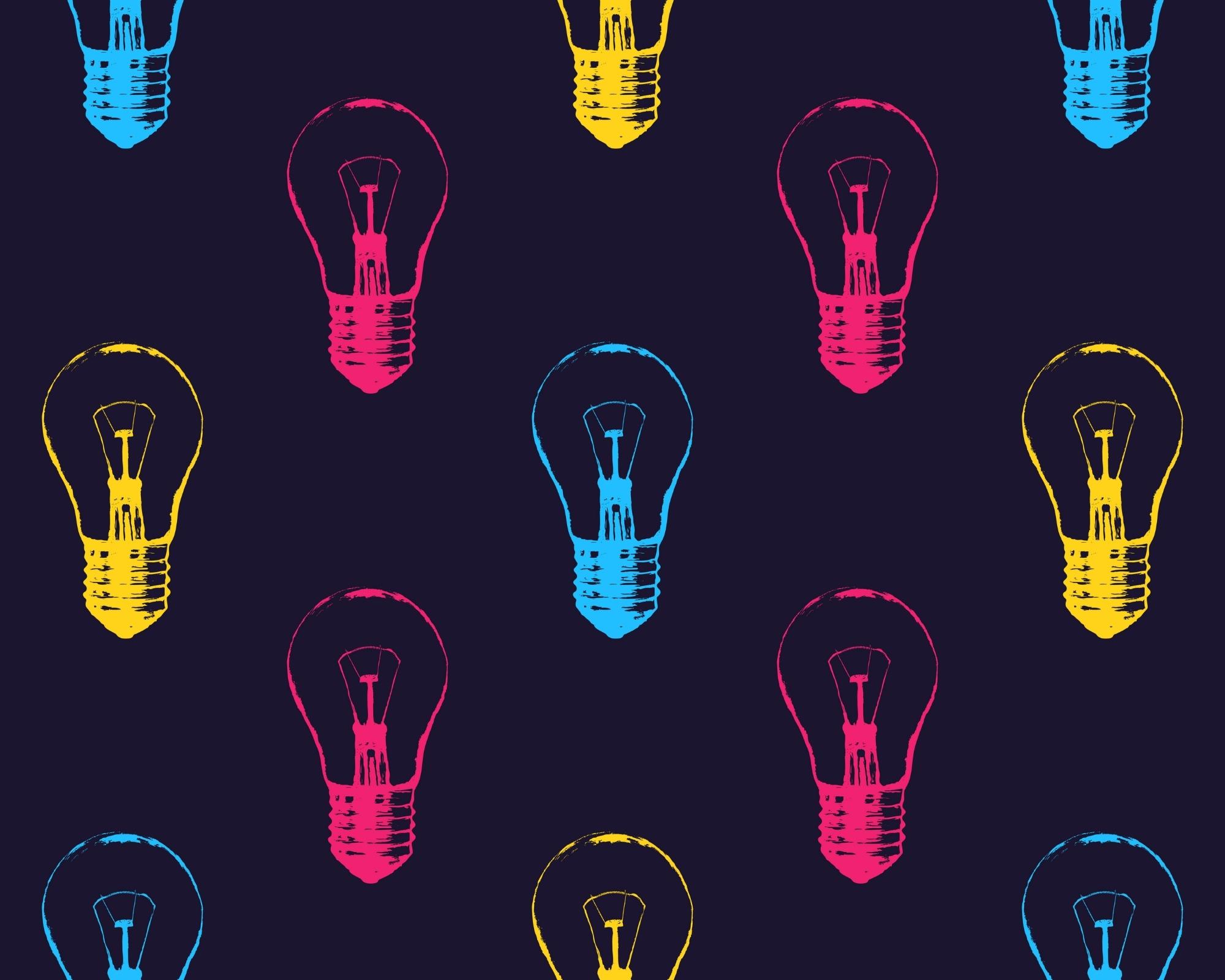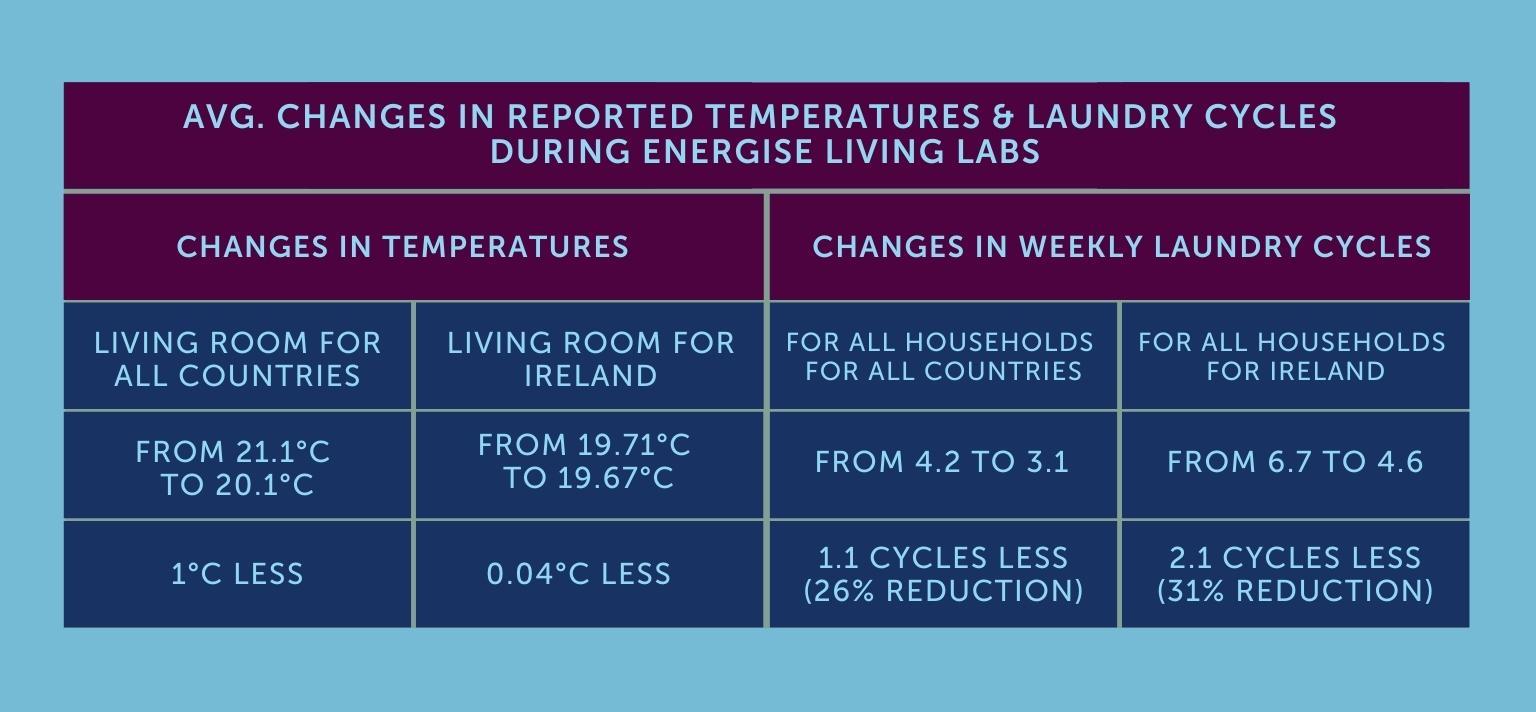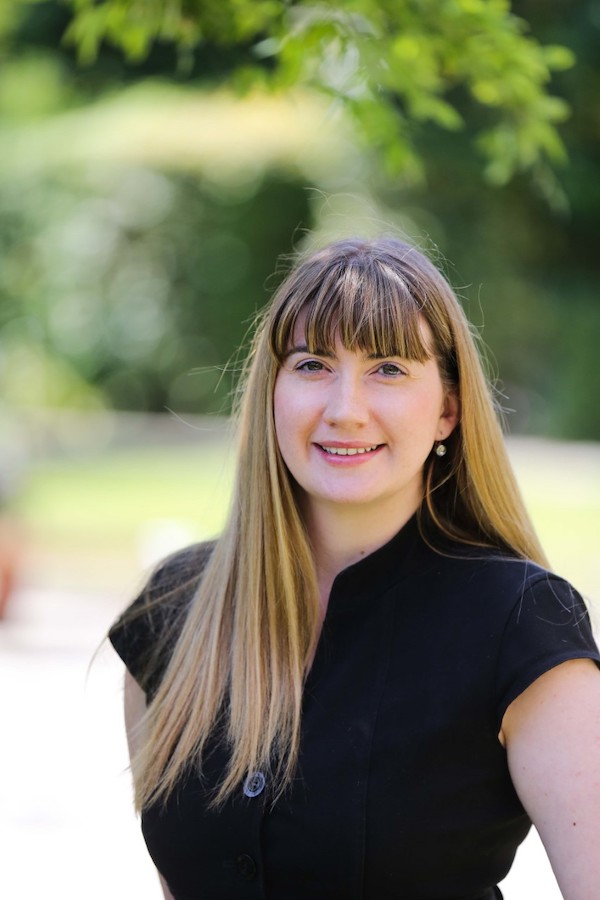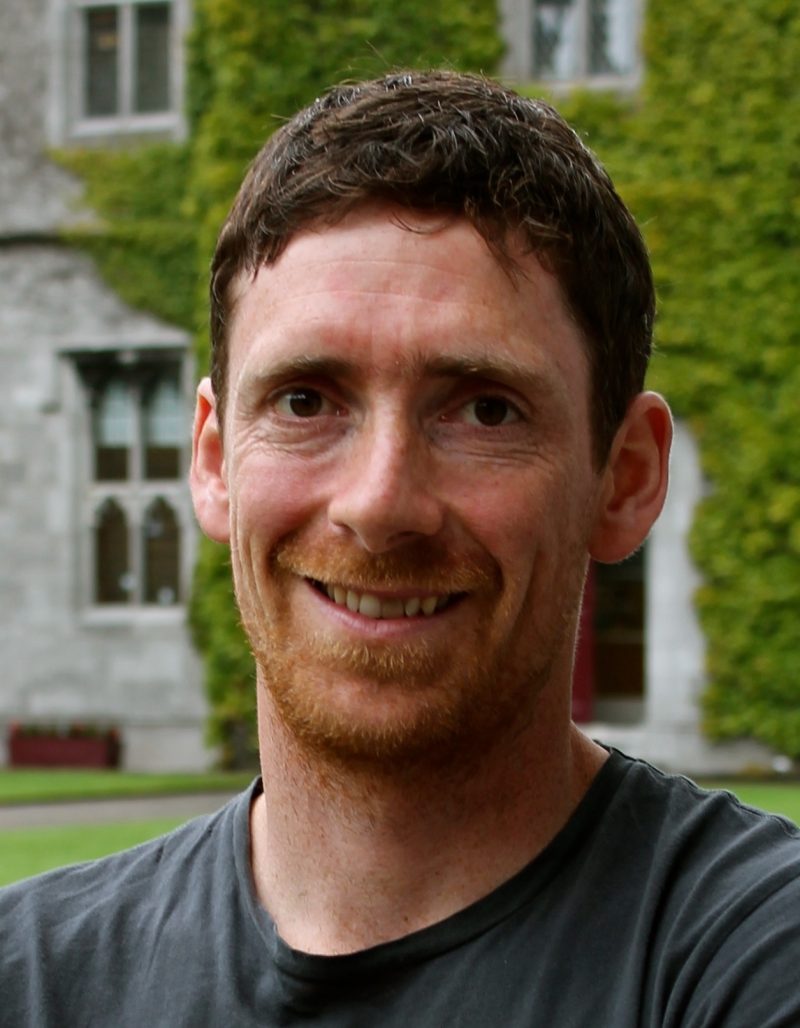
In response to the increasingly urgent climate crisis, the European Commission is promoting several targets to reduce greenhouse gas emissions and decarbonise the economy. Achieving these targets requires rapid transformative change in how we produce and consume energy. In recent years, we have seen a growing awareness of the role of households in driving these energy transitions. We know that change around energy use in the home is inevitable, but just how much will we have to challenge our social norms and habits in order to make a difference?
As part of an innovative research initiative, NUI Galway researchers led the ENERGISE project, a large-scale European project from 2017 to 2021, launching Energy Living Labs to develop and test options for changing energy use in households in eight countries: Denmark, Finland, Germany, Hungary, Ireland, Switzerland, the Netherlands and the United Kingdom. Energy Living Labs were implemented in over 300 households, of which 38 were based in Ireland.
The ENERGISE study provided evidence that reductions in energy use are possible when people are given the time and space to question their usual energy-intensive practices, including home heating and laundry. The participants experimented by departing from perceived norms and trying out different ways of doing things. The study purposely put people, and the complex interactions and social norms that make up everyday life, to the fore. This contrasts with dominant techno-centric and individualistic approaches, which heavily rely on technological innovation and its uptake by individual consumers.
Impactful Ways to Reduce Energy Consumption
Based on outcomes from the ENERGISE Living Labs, we developed the advice below to help people transition to low carbon lifestyles:
Focus on changing practices, not individual people or technologies.
It has been shown that more efficient technology is not enough in itself to maximise energy savings. People need to be engaged and empowered to use this technology, and even more so, to challenge and adapt their existing energy use practices. For example, you can try out new eco-settings on your washing machine, measure your energy use using low-cost meters, wash spots and stains rather than the whole clothing item, put on extra layers or use blankets instead of turning up the thermostat and heat individual rooms rather than entire dwellings.
Give people the space and means for experimentation.
Creating opportunities to reflect, and inviting actors (e.g., households, experts, energy companies and policy makers) to discuss norms and standards around energy use can be very effective in challenging tacitly accepted assumptions around consumption practices. When people think about, and reflect on, their energy use, they can develop novel ways of saving energy that works for them.
Place people and everyday practices at the centre of ‘smart technology’ approaches.
Different people prefer different temperatures, and there is no one-size-fits-all ‘ideal’. We must ensure that people can continue to have an influence on their thermal comfort, rather than counting on smart buildings or invisible heating systems that allow only limited human interventions. Similarly, washing machines and other household appliances need to be designed in a way to allow for transparency of energy and water use in programmes, and to allow users to navigate easily between them.
How did ENERGISE Living Labs work?
Participating households agreed to engage in two main challenges:
Halve the number of laundry cycles they do every week, for four weeks.
Reduce maximum indoor temperature in their living-rooms to 18°C, for four weeks.
These challenges were co-designed to disrupt everyday habits and routines that can be difficult to change. Specific attention was given to the social norms tied up with laundry and heating. When do we decide to put clothes to wash? How can we feel comfortable at home without turning up the heat? Rather than starting with the question of technological efficiency or financial considerations, the project focused on social norms, skills, materials and infrastructures in daily energy use. Local teams guided households in all eight countries through the same multi-method living lab process. This process aimed at supporting and educating participants through energy- and thermo-meters, laundry and heating diaries, challenge kits, tips and discussions.
The table below displays the self-reported laundry and heating average quantitative change, as a result of the Living Labs:

Impact at Societal Level
If implemented at societal level across all households in Europe, these energy savings could be vastly significant. For example, one less laundry cycle per week among all Swiss households for a year represents a saving of around 13 million cubic metres of water, 10 million litres of laundry products and the equivalent annual electricity consumption of 90,000 households. One less laundry cycle per week is also estimated to save one hour of domestic work per week. And a 1°C drop in room temperature, during the winter months when buildings are heating, results in an estimated saving of 5% of all energy dedicated to heating homes in Ireland. (1)
In May 2022, the Energy Communities Tipperary Cooperative adopted the ENERGISE approach and are currently rolling the model out with households in Tipperary, promoting energy action through community engagement. Evidence from ENERGISE has shown us that everyday habits hold more weight than we think in the fight against climate change, and that people are willing to challenge norms around energy use in the home. ENERGISE resources are available to everyone; learn more here.
(1) Note: While ENERGISE recognises that all sectors of society have a role to play in energy transitions – not solely households – we found that absolute reductions in temperature settings among households are possible. We exclude households already experiencing low indoor temperatures from this finding – whether out of preference, habit or inaccessibility of affordable energy.

Profiles

Professor Frances Fahy is a geographer and energy social scientist at NUI Galway where she leads a number of research teams on sustainable consumption and energy citizenship research. Frances has coordinated > 20 funded research projects and is the coordinator and lead of the Horizon 2020 project, EnergyPROSPECTS (2021-2024).She currently leads and partners on three other large-scale European projects worth > €14 million euro, CAMPAIGNers, JCI-SOLTICE CCC-CATAPULT, and SHARED GREEN DEAL A Fulbright Scholar, Frances previously served as Head of Geography at NUI Galway. She is the past President of the Geographical Society of Ireland and a past Chair of the Planning and Environment Research Group (PERG) of the Royal Geographical Society.
In recognition of her work Prof Fahy was awarded the President’s Award for Research Excellence (Established Researcher) in 2017 and she was the recipient of our University's inaugural President's Award for Societal Impact in 2018. In 2020 Frances was awarded the President’s Award for Teaching Excellence: Team Award along with her BSc Social Science colleagues, Dr Mike Hynes and Dr Therese Conway.

Dr Gary Goggins is Public Awareness Manager on the LIFE IP Wild Atlantic Nature in the Department of Housing, Local Government and Heritage, and he is an Adjunct Lecturer in the School of Geography, Archaeology and Irish Studies. Gary holds a PhD in Environmental Sociology and Sustainability Studies, an MA in Community Development from NUIG. His main research interests are in relation to sustainable transitions and individual and socio-material influences on consumption and production patterns. He is also concerned with how knowledge is communicated with policy makers, civil society and industry. Gary was project manager of the ENERGISE project and has published in several leading international peer-reviewed journals.